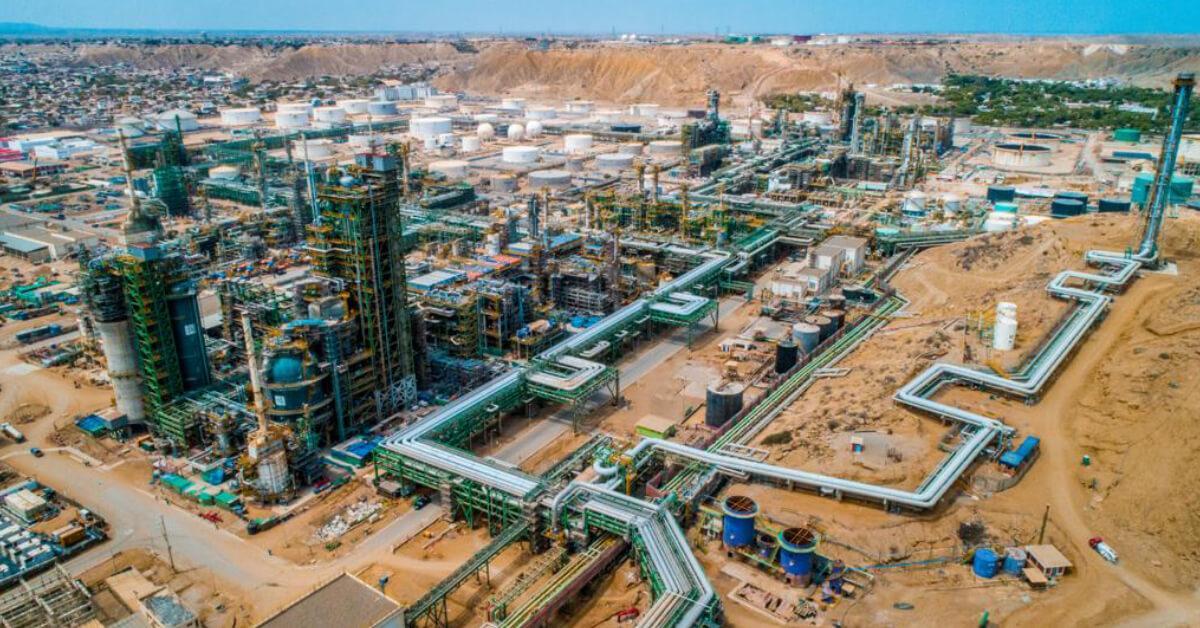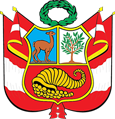New Talara Refinery has already produced close to three million barrels of low sulfur diesel

The start-up process of the New Talara Refinery (NRT), which began in April 2022, continues firmly and within the estimated times for highly complex refineries built and modernized in the last ten years. Thus, for example, the Cartagena Refinery of Ecopetrol (Colombia) had a start-up process of 23 months and the Dos Bocas Refinery of Pemex (Mexico) is estimated to be completed in 18 months.
Within this progressive start-up process, to date the NRT has produced 2,970,958 barrels of B5 diesel and 608,949 barrels of gasoline, as well as 264,949 barrels of Turbo A1 for aviation.
The production of quality gasoline and diesel will increase by almost 30% with the commissioning of the last two conversion and deep conversion units (Fluidized Catalytic Cracking and Flexicoking), whose start-up processes are underway and in accordance with the estimates will end next July. These modern units will allow the company to generate greater profitability, processing the residuals obtained in the first refining processes to obtain more low-sulfur gasoline and diesel for the national market.
Once the start-up process has been completed, the integral warranty tests will begin with maximum load, with the participation of the licensing companies and contractors (Técnicas Reunidas and Cobra), as has been done in the gradual and progressive start-up of each of the units.
Built under the highest international standards, the NRT is considered one of the most modern refineries in Latin America with a capacity to process up to 95,000 barrels of oil per day to produce environmentally friendly fuels, that is, with less than 50 parts per million (ppm) of sulfur to supply the national market, thus contributing to the preservation of air quality in the country.
The NRT has 16 process units and five packages of auxiliary units and complementary services, two liquid cargo docks, 125 storage tanks and a modern accredited laboratory that provides internationally valid results.

